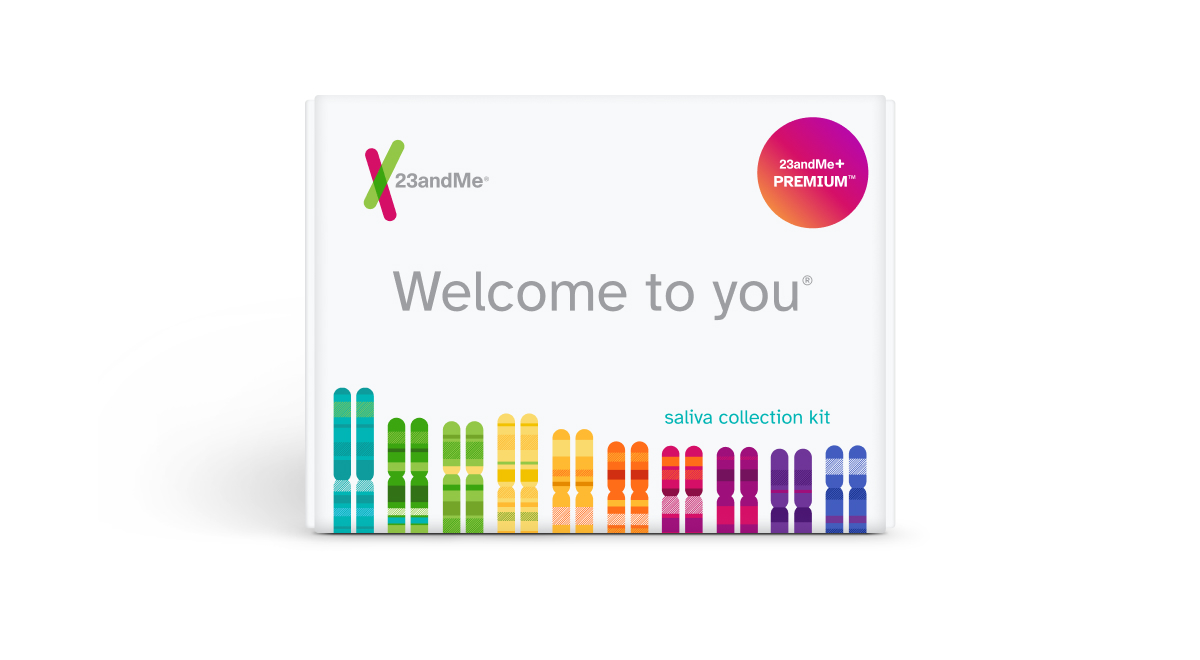Is Gestational Diabetes Genetic?Explore Gestational Diabetes and what your DNA can tell you
What is gestational diabetes?
Gestational diabetes mellitus, commonly known as gestational diabetes, is a form of diabetes that starts during pregnancy. During pregnancy, the body produces high levels of certain hormones that impair the body’s response to insulin, resulting in increased blood sugar levels. After childbirth, these levels typically return to normal. For most people, a small, temporary increase in blood sugar levels during pregnancy is not harmful. But for those with gestational diabetes, the blood sugar reaches a level that can affect the health of the individual and their baby.

How can gestational diabetes impact you and your child?
There are no noticeable symptoms in most cases of gestational diabetes, but the condition can lead to complications, especially if left untreated. High blood sugar levels may cause the developing baby to grow larger than average, potentially leading to a difficult delivery or a delivery by cesarean section. Those with gestational diabetes are more likely to develop high blood pressure as well as preeclampsia, a type of high blood pressure with other complications. Additionally, after childbirth, gestational diabetes is associated with an increased risk for type 2 diabetes and heart disease in both the parent and child. This means it’s especially important to maintain a healthy lifestyle after pregnancy and conduct follow-up screening with your doctor.

Other factors that may cause an increased likelihood of gestational diabetes
It is estimated that about 6% of pregnancies in the U.S. are affected by gestational diabetes. Besides genetics, lifestyle, and weight, some important risk factors that can impact a person’s chances of developing gestational diabetes include:
- Personal history of gestational diabetes, prediabetes, or polycystic ovary syndrome
- Family history of gestational diabetes or type 2 diabetes
- Age (this condition tends to be more common as people get older)
- Ethnicity (African Americans, Asian Americans, and people of Hispanic/Latino, Indigenous American, or Pacific Islander descent have increased chances)

Find out if your genetics might increase your likelihood of developing gestational diabetes
Curious whether you have an increased likelihood of developing gestational diabetes based on your genetics? 23andMe takes into account more than 6,000 genetic markers to estimate the likelihood of developing gestational diabetes during pregnancy. Find out more with the Gestational Diabetes report (Powered by 23andMe Research), part of the 23andMe+ Premium membership. 23andMe+ Premium includes everything in our Health + Ancestry Service plus new premium reports and features throughout the year.

23andMe+ Premium
Please note
- The report does not diagnose gestational diabetes and should not be used to make medical decisions.
- The report is only available to 23andMe+ members who report their birth sex as female in their Account Settings.
- The report was developed by 23andMe scientists using data and insights gathered from thousands of customers who chose to participate in our research. Reports based on 23andMe research provide an estimate of your likelihood of developing a condition based on your genetics and other factors. This report does not account for lifestyle or family history.
- The report does not account for every possible genetic variant that could affect your likelihood of developing gestational diabetes.
References
Buchanan TA et al. (2005). “Gestational diabetes mellitus.” J Clin Invest. 115(3):485-91.